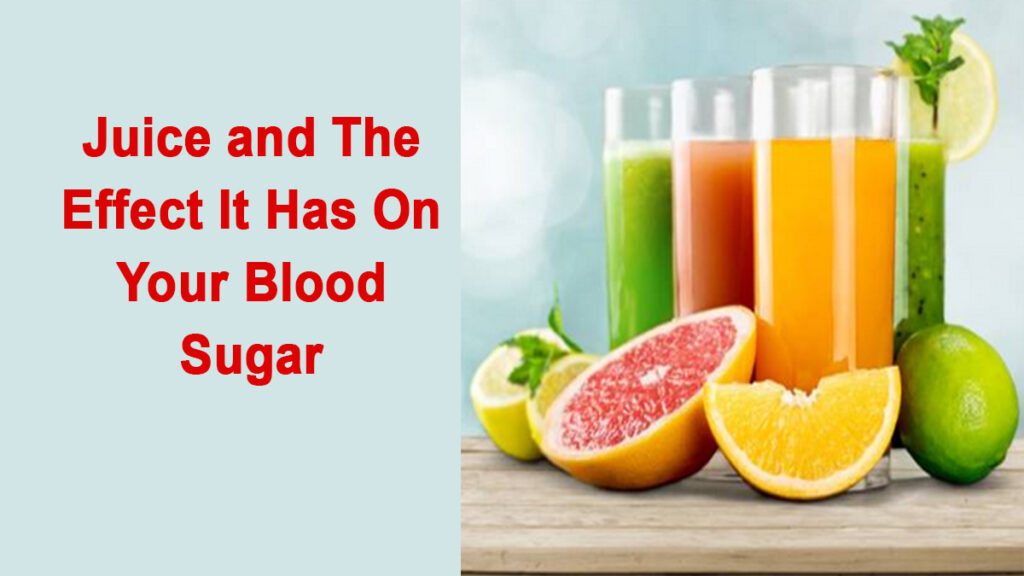There is a lot of speculation circulating as to whether or not Type 2 diabetics should drink fruit juice. Some experts claim small amounts of juice are fine while others say it should be avoided like the plague. Drinking your fruit means you lose a lot of the valuable fiber. Fruits are high in carbs, mostly in the form of fructose, and dumping all that sugar into your bloodstream can really make your blood sugar jump. So what is the definitive answer? You be the judge.
When you talk about consuming juice you have to look at it from three different angles: sugar, absorption and calories.
First, the sugar aspect: Sugar translates into carbohydrates. Even if you only drink four ounces of certain types of fruit juice, it can easily compute to a whopping 15 grams of carbs. As any diabetic will tell you, 15 grams of carbs all in one sitting can thrown your blood sugar off balance in a hurry; especially if it is between meals.
Check out these related articles, too:
What are diabetes reversal Superfoods?
An Easy Way to Supplement Your Diabetic Diet Naturally
Green Smoothies For Diabetes Using Raw Food To Help Diabetes
Diabetic Diet Tips 5 Tips on What to Avoid and Include
Good Fruits For Diabetes Are There Such Fruits
Diabetic Friendly Energy Drinks Don’t Make This Common Mistake
Juices are known for their sugar content, but processed juices are much worse than natural varieties. It’s true, natural juices still contain sugar, but its natural sugar, not the refined kind. Be wary of fruit juice drinks which often contain a small amount of real fruit juice and a lot of water and sugar in the form of high fructose corn syrup (HFCS).
Next, is absorption. Some types of juice are processed within your body at a much faster rate than others. Why would this be of significance? It wouldn’t… unless they were consumed in between meals.
Cranberry juice is a prime example of a juice that rapidly make its way into your blood stream.
When food is processed rapidly, it means it enters your blood stream much more quickly than some of its counterparts. Entering the blood stream quickly means spikes in your blood sugar and hyperglycemia.
Calories also have to be taken into consideration. When looking at juice labels, take a close look at the number of calories or kilojoules. Many diabetics tend to forgo this measurement, especially if it’s a fruit juice, because fruit juice has to be healthy, right?
Although every type of juice, yes, every type, contains carbs, some will impact blood sugar more than others.
Here are some other points to consider when consuming juices:
- think about when you drink juices, not just how much you consume. Make sure it is in relation to meals.
- seriously consider the amount of fiber contained in the juice. This one factor can dramatically offset the rate at which the sugar is processed by your body.
- you need to consider when you are drinking juice as it pertains to your diabetes medication. You want to make sure they are spaced accordingly. And never drink juice as a snack in between meals. You are surely setting yourself up for extreme rises and crashes of your blood sugar levels.
Type 2 diabetes is not a condition you must just live with. It need not slowly and inevitably get worse. You can take control of the disease… and take back your health. Learn all you can about the effect of foods you eat and drink.
For nearly 25 years Beverleigh Piepers has searched for and found a number of secrets to help you build a healthy body.
The answer isn’t in the endless volumes of available information but in yourself.
Article Source: http://EzineArticles.com/7462152
